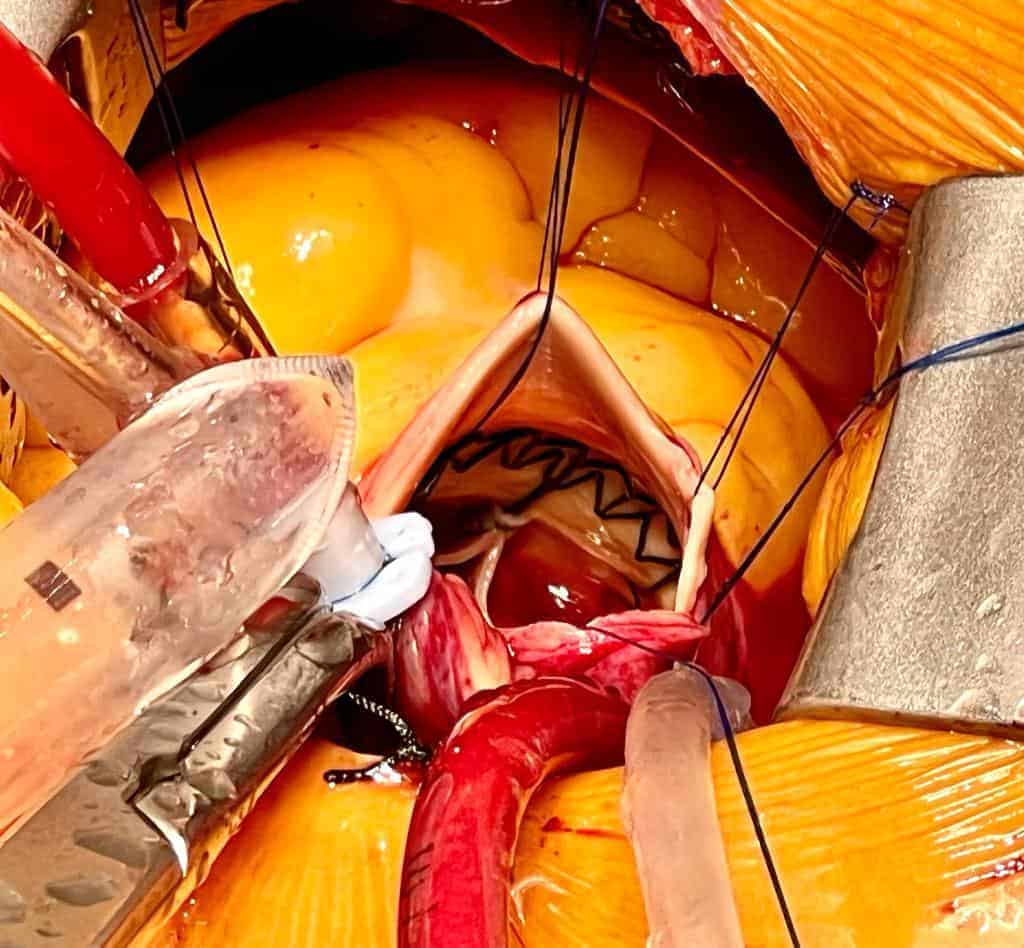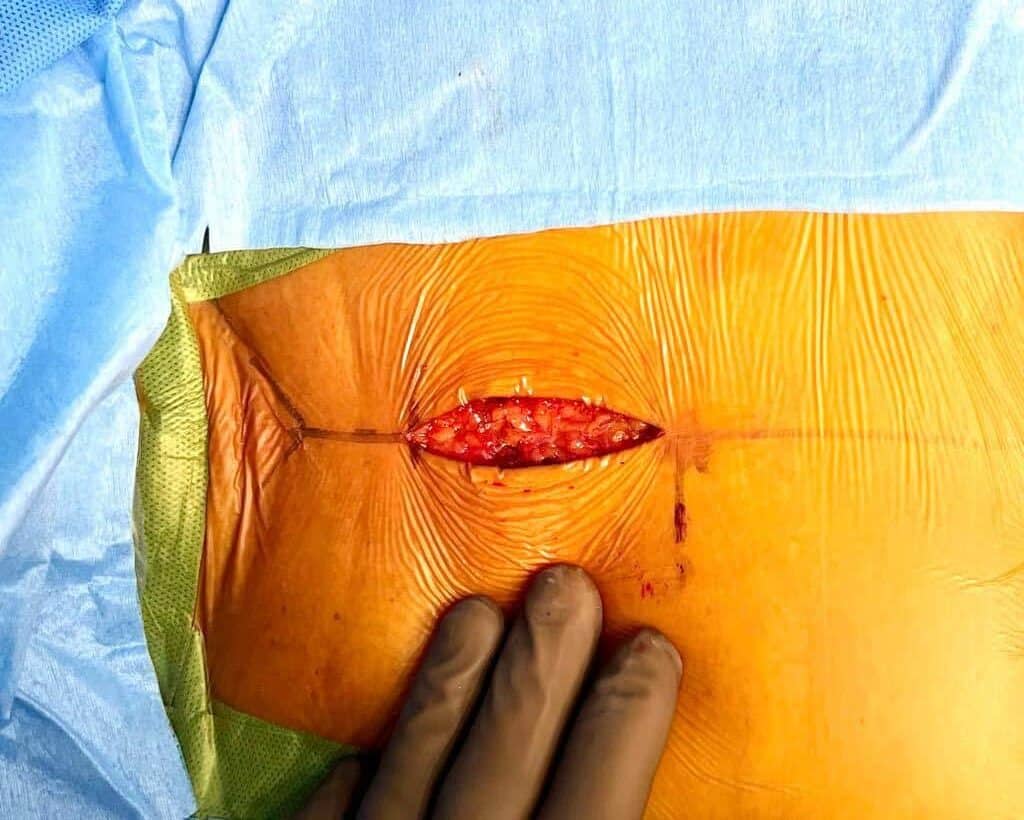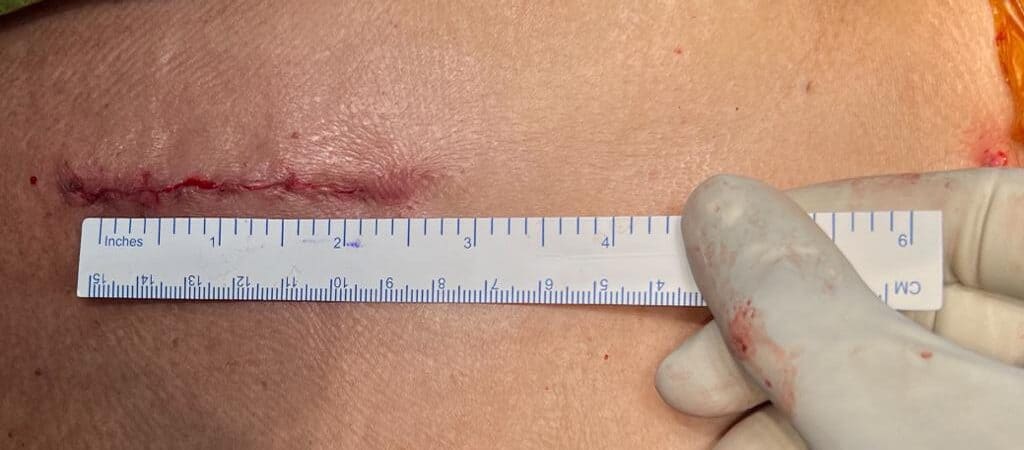Frequently Asked Questions
What are the MICS options for aortic valve replacement?
Aortic valve replacement may be performed to treat severe aortic stenosis, a condition in which the valve has narrowed so much that blood flow through the valve is too low. It can be performed in many ways - an incision solely on the chest (no breast bone split) - RAT AVR; upper hemisternotomy AVR (partial breastbone split); TAVR/TAVI.
What is the Eligibility for MICS?
Though MICS offers a lot of benefits to both patients and doctors, it can't be used for every type of surgery. To figure out if MICS will work for a specific patient, experts have to look at the patient's medical history, physical test reports, and pathology. They also need to look at the results of radiology tests.
When and why is an Aortic valve replacement surgery required?
Aortic valve replacement is a surgery to replace a damaged aortic valve with a new one. The aortic valve controls the flow of blood from the heart to the rest of the body. The surgery is done to relieve symptoms caused by aortic valve disease, such as shortness of breath, chest pain, or fainting. It may also be done to prevent complications, such as heart failure.
What is TAVR?
TAVR, or transcatheter aortic valve replacement, is a minimally invasive surgical procedure used to treat aortic valve stenosis. The procedure involves placing a new aortic valve inside the old, damaged valve, without having to remove the old valve. TAVR is a less invasive alternative to traditional open-heart surgery, and has been shown to be effective in treating aortic valve stenosis.
What is TAVI?
A transcatheter aortic valve implantation (TAVI) is a minimally invasive cardiac procedure typically performed through several small incisions, as opposed to one large incision. Minimally invasive surgery is often associated with a quicker recovery time; however, as with any procedure, there are some risks involved.
What is aortic aneurysm?
An aortic aneurysm is a bulge or “ballooning” in the aorta, the large blood vessel that carries blood from the heart to the rest of the body. Aortic aneurysms can occur anywhere along the aorta, but most commonly occur in the abdominal aorta. Aortic aneurysms are usually asymptomatic, meaning they do not cause symptoms. However, if an aortic aneurysm ruptures, it can be life-threatening.
What is Bentall procedure?
The Bentall procedure is a type of surgery used to treat an aortic aneurysm. During the Bentall procedure, the surgeon replaces the damaged section of the aorta with a synthetic graft. The graft is then attached to the healthy portions of the aorta above and below the aneurysm. The Bentall procedure is a complex surgery that requires a team of highly skilled surgeons.
What is Mitral valve replacement?
When the mitral valve does not close properly, it is called mitral valve insufficiency or mitral valve regurgitation. This can happen when the valve leaflets do not meet correctly or when the valve is damaged by disease. Mitral valve replacement is a surgery to repair or replace a damaged or diseased mitral valve.



